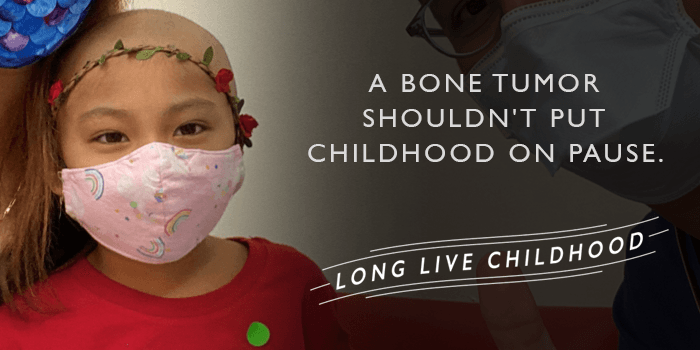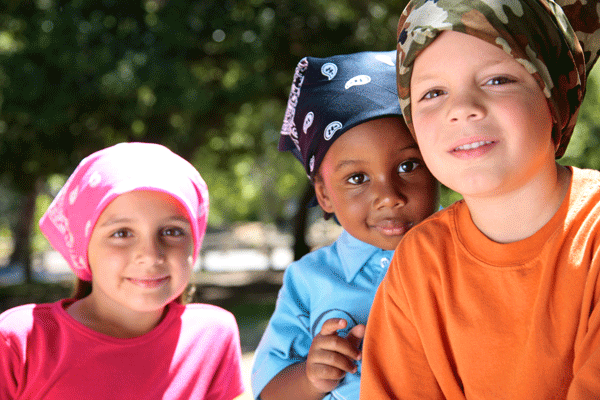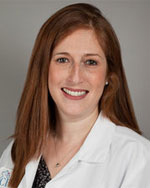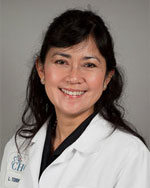Clinical trials
Children’s cancers are very different than adult cancers and must be treated with specific pediatric cancer protocols. Our experience in exclusively treating children, teens, and young adults makes us the experts in the evaluation and treatment of all forms of common childhood and adolescent cancers. A majority of our protocols come from the Children’s Oncology Group (COG), a national organization funded by the National Cancer Institute (NCI). Our relationship with the COG makes us the only medical center in the region offering Phase 1 COG clinical trials for pediatric cancer patients. Learn about our clinical trials.

















